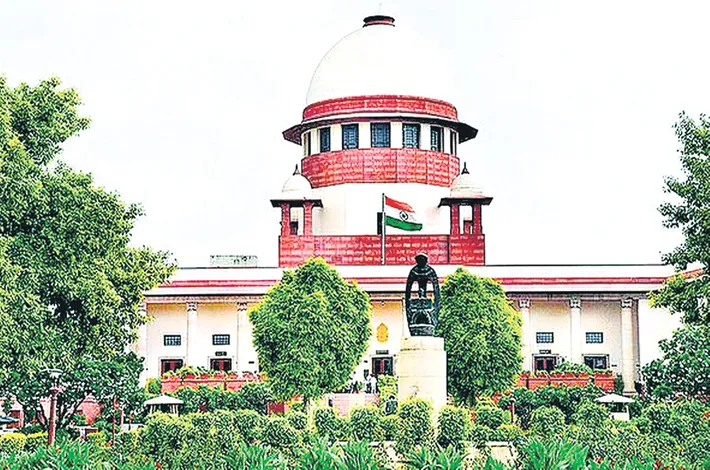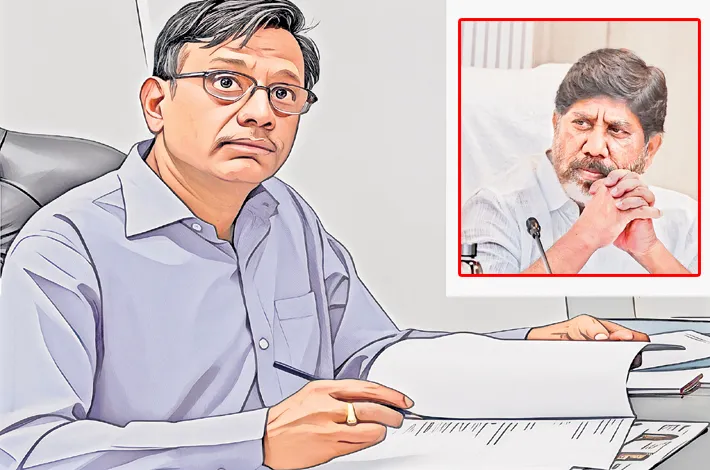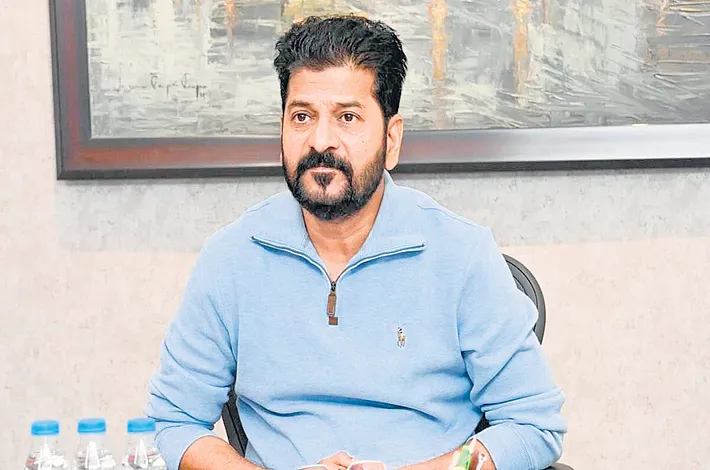Gender neutral laws: The time has come!
02-11-2025 12:00:00 AM

Need for gender neutral laws:
- Under the existing laws, only women can file complaints; men can only be accused. A man facing domestic abuse has no recourse under the Domestic Violence Act.
- A male victim of sexual molestation above 18 finds no specific protection under the POCSO Act.
- NCRB records reveal that 8-% domestic violence cases result in acquittal of men.
Womens’ apprehensions
- Gender-neutral laws risk diluting rights meant for women’s protection.
- Fear of counter-cases silences women, as even genuine grievances could be silenced.
In a nation that enshrines equality before the law in its Constitution, a growing chorus of lawyers, activists and victims is demanding an end to statutes that presume only women can be victims and only men perpetrators. What began as protective legislation against domestic violence and harassment has, critics say, morphed into a legal weapon that destroys innocent lives with impunity.
Speaking in a widely circulated video address, a practising advocate laid bare the human cost of India’s gender-specific laws. “Old parents run from pillar to post for anticipatory bail. Men lose jobs and reputations overnight. Some end their lives, unable to bear the social pressure,” the lawyer said, citing the recent high-profile suicide of Bengaluru techie Atul Subash as a tragic illustration.
National Crime Records Bureau (NCRB) data reveals the scale of alleged misuse. Nearly 80% of cases filed under Section 498A of the domestic violence act – which criminalises cruelty by a husband or his relatives in connection with dowry demands – end in acquittal. Eight out of ten accused men and their families endure years of legal battles, social ostracism and mental trauma only to be declared innocent.
The list of people affected often extends far beyond the husband. Elderly parents, unmarried sisters and distant relatives are routinely named in complaints, frequently without evidence, the lawyer noted. “In every other matter, it’s not just the husband but his innocent family members who are dragged frivolously to pressure him,” he said.
Key statutes remain stubbornly gender-specific-Section 498A (dowry harassment), section 354 (outraging modesty of a woman), protection of Women from Domestic Violence Act, 2005.Under these laws, only women can file complaints; men can only be accused. A man facing domestic abuse has no recourse under the DV Act.
A male victim of sexual molestation above 18 finds no specific protection under the POCSO Act. Workplace harassment complaints by men lack dedicated gender-specific mechanisms. “Equality can’t be one-sided,” other legal experts arguing that “If we truly believe in Beti Bachao, Beti Padhao, we must also believe in Beta Bachao as well.”
Women’s rights organisations, however, warn that gender-neutral laws risk diluting hard-won protections in a deeply patriarchal society. “India ranks 127th out of 146 in the Global Gender Gap Report,” said Ranjana Kumari, director of the Centre for Social Research. Pointing out that women face systemic disadvantage – from lower conviction rates in rape cases (just 3%) to under-reporting of domestic violence due to stigma, she opines that neutral laws without addressing power imbalances will leave women defenceless.
Similarly, the National Commission for Women (NCW) opposes penalties for false complaints, arguing they deter genuine victims. “Fear of counter-cases silences women,” an NCW spokesperson said, reminding that section 498A is often the only leverage a woman has against in-laws demanding dowry or threatening eviction.
Middle ground emerges
Some legal experts advocate a balanced approach. Former Supreme Court judge Justice Markandey Katju has called for “strict scrutiny” of complaints at the FIR stage, mandatory mediation before arrest, and time-bound trials – without removing gender specificity entirely. “Misuse must be curbed, but protection cannot be compromised,” he wrote in a recent op-ed.
The Law Commission’s 243rd Report (2012) recommended making Section 498A compoundable and bailable, but stopped short of gender neutrality. A fresh review is now underway, sources say, with the Ministry of Women and Child Development consulting stakeholders.
Countries including the United Kingdom, Canada and even neighbouring Nepal have adopted gender-neutral provisions for domestic violence and sexual assault. Indian lawmakers, critics say, lag behind. They point out that false accusers face no consequences under current law, leaving devastated families without recourse. A Supreme Court advocate also claimed that when these cases collapse, no one talks about the damage done. “The debate is not men versus women, but justice versus bias. Law should heal, not harm. Protection should not come with prejudice.” he added. As Parliament prepares for its winter session, pressure is mounting on the government to review these colonial-era provisions and deliver on the Constitution’s promise of equal protection under the law – for every citizen, without exception.
Middle ground:
“Former Supreme Court judge Justice Markandey Katju has called for “strict scrutiny” of complaints at the FIR stage, mandatory mediation before arrest, and time-bound trials – without removing gender specificity entirely. The Law Commission’s 243rd Report (2012) recommended making Section 498A compoundable and bailable, but stopped short of gender neutrality. A fresh review is now underway”








